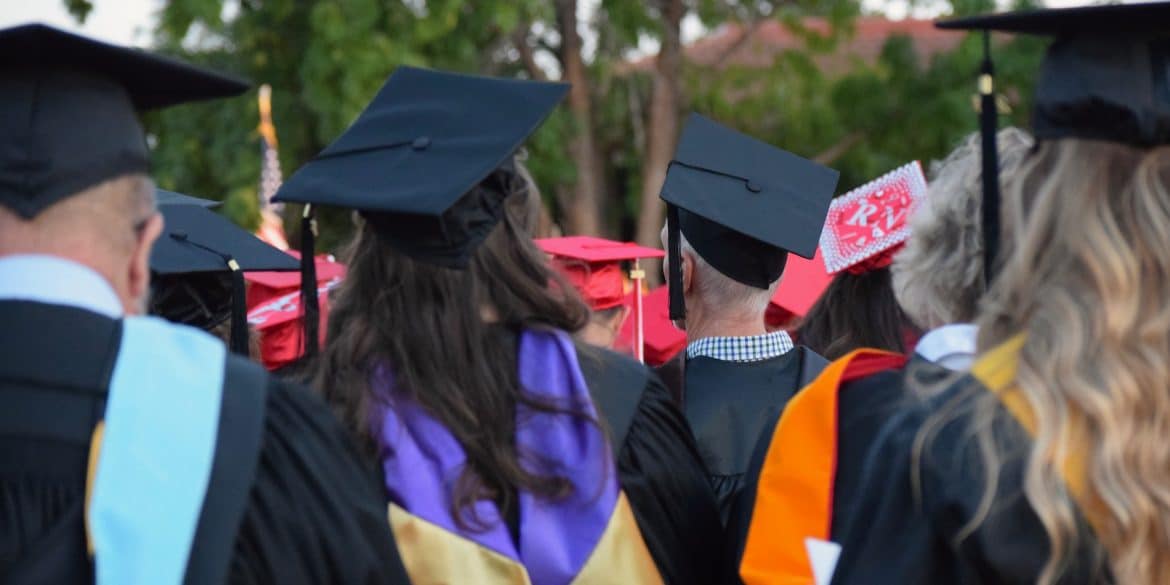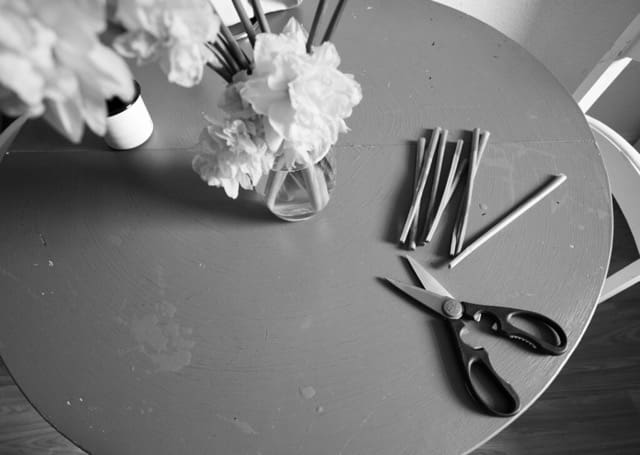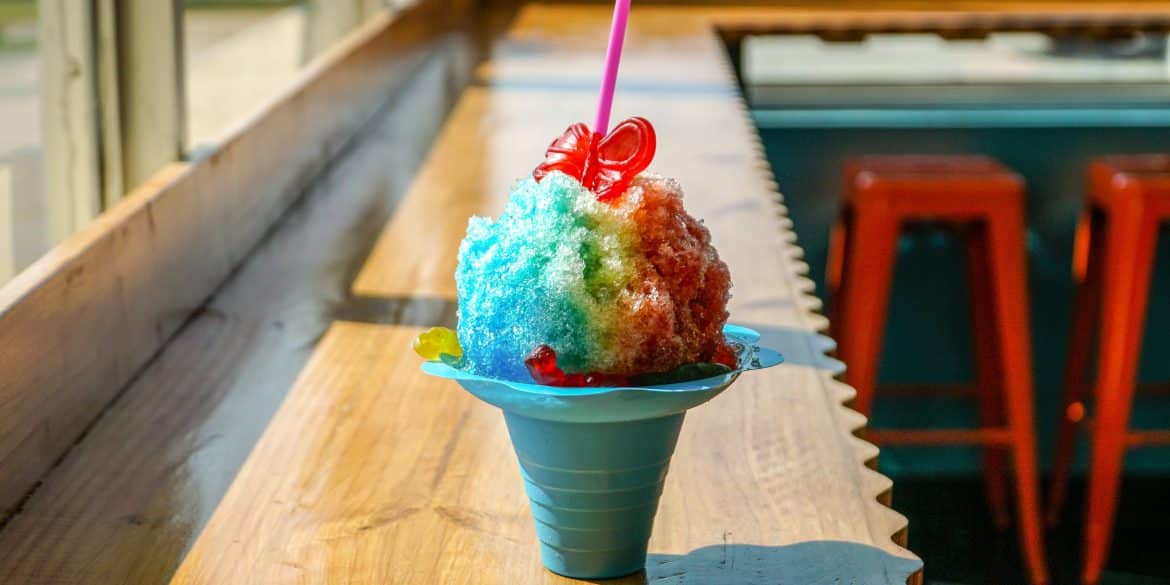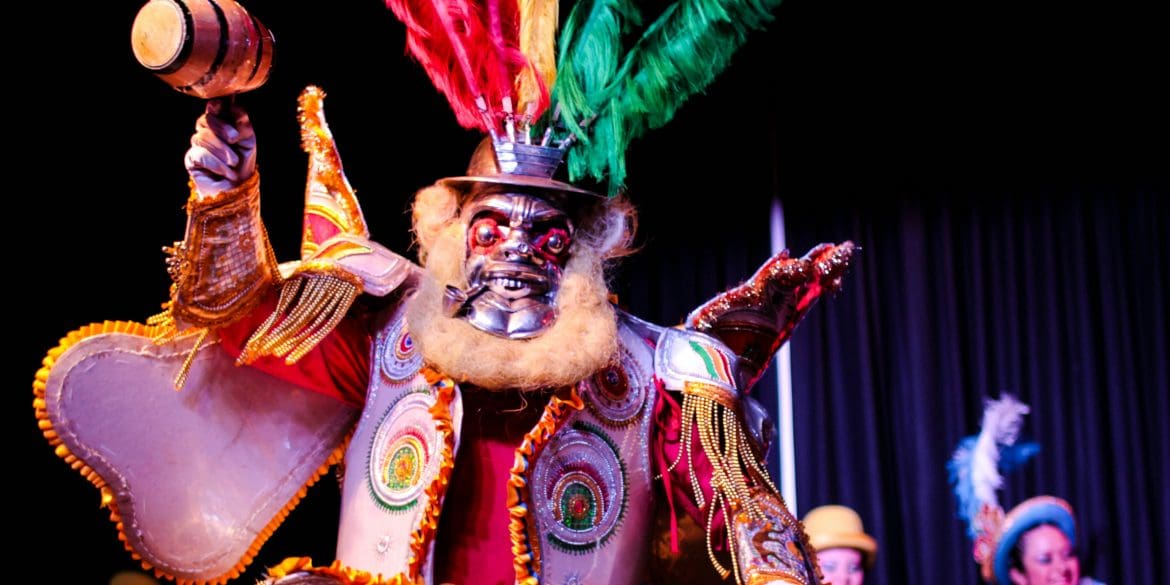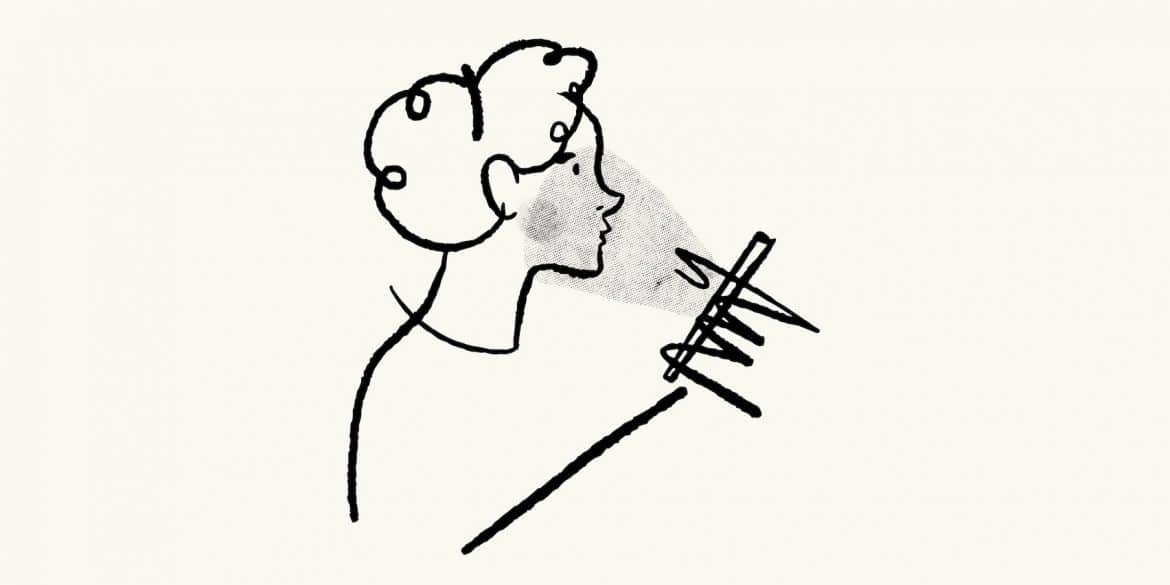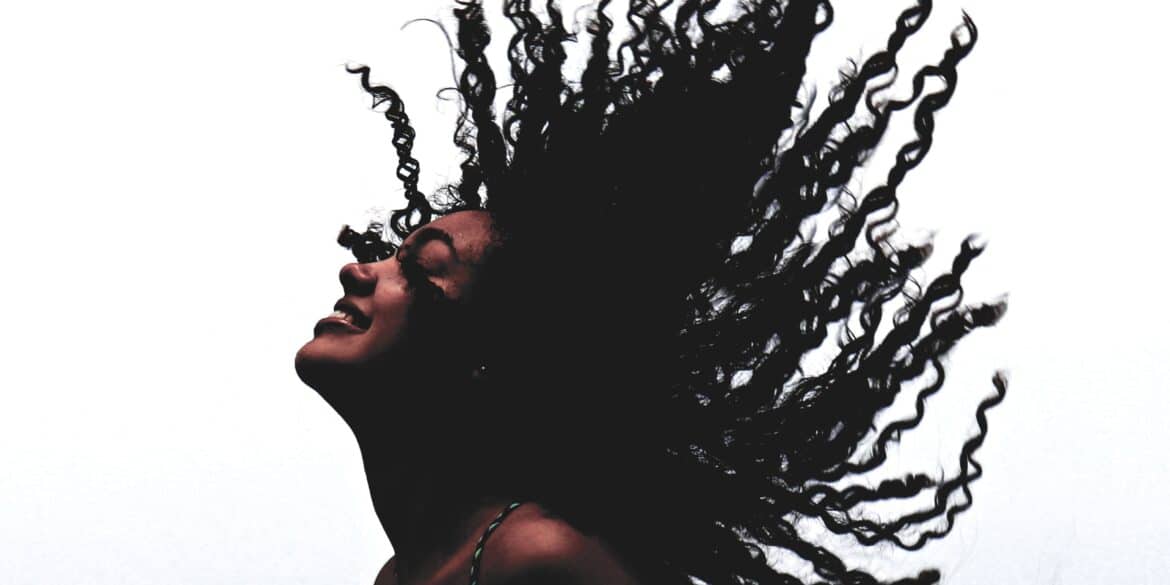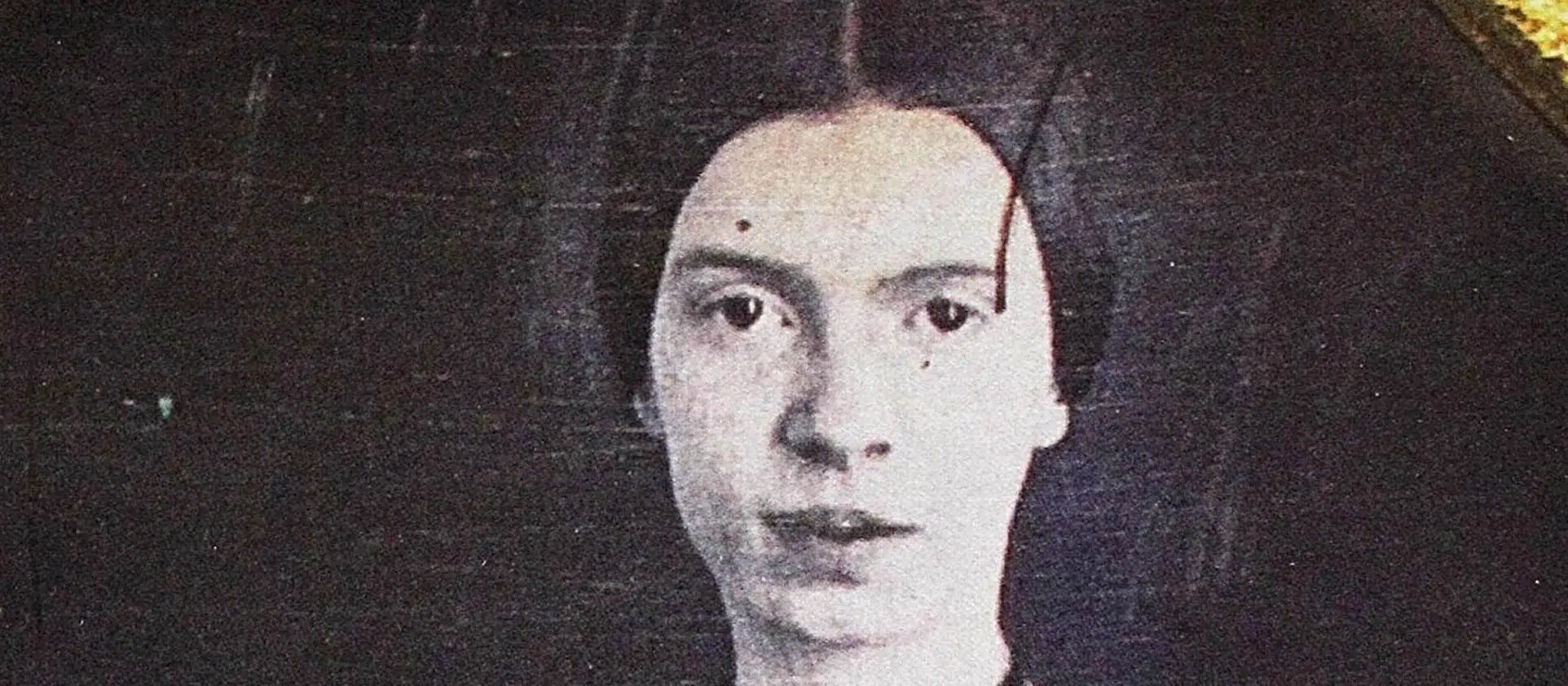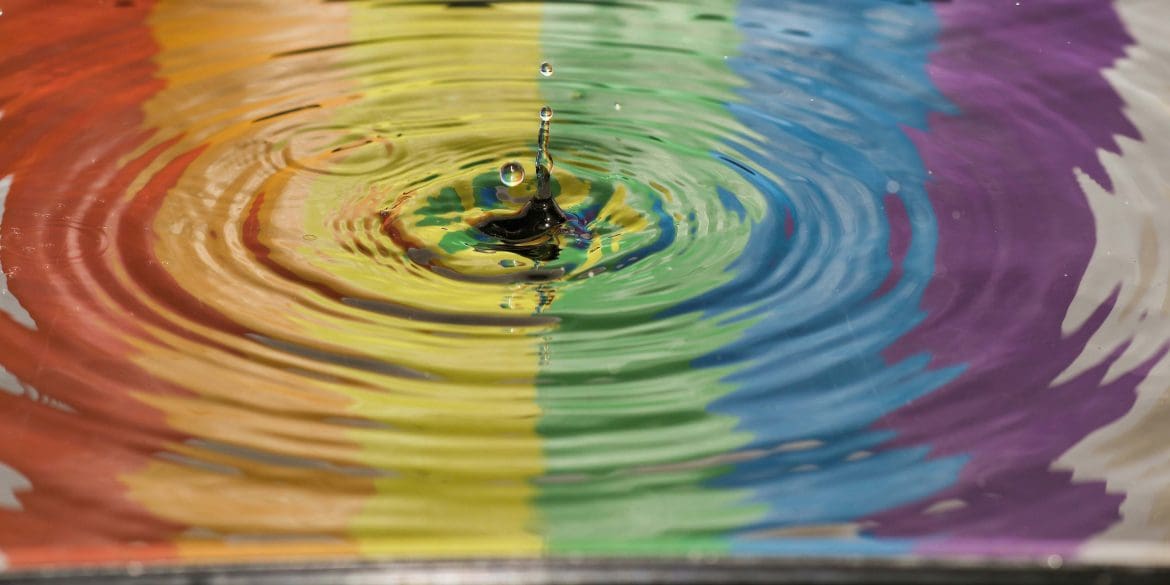"When I was first accepted into the PhD by research program in the UK, I had mixed feelings, mainly because I was about to pursue a career that I didn’t have the heart for, and partially because I would need to explore yet another new culture, country, and environment."
I wrote “The Crevasse: A Love Letter” to help me grapple with confusing changes to the terrain of my life.
I wrote a study of my own faith, bankrupt as it may be, using story of my father, through the lens of Jewishness as I define it for myself.
This article is a prequel to ongoing research into DIY Healing Within Ancestral Lands. A project born of growing up in a family system that was not kind, welcoming or loving.
"Give Me a Strawberry Cockroach" is the first article in our 2023 special issue on laughter and tells a story of Japanese language learning and performance.
This piece is a creative reflection which emerged out of the auto-ethnographic reflections from my PhD around research extraction.
"For the first time since my adolescence, I am recognizing that I don’t have to believe what everyone believes, nor do I have to base my morals on faceless strangers who don’t know who I am, or what my experiences are."
This piece on hair describes how ideas of what is and is not fashionable, as depicted in popular media, can indelibly affect one’s self-perception and identity.
The cultural issues being addressed are how intergenerational knowledge is passed down between women and girls in the kitchen.
On Emerging Liberated of the Glass Box Author’s Memo Like many others in the American South, I began my teens...
"For me, being a feminist simply means I am a strong, independent woman who has ideas and thoughts of her own; but it also means something else, which is an idea that confuses even me. I mean, how could I be a feminist when I am also a conservative woman?"
As I discuss my first queer event, a book discussion about a queer young adult book, Canto Contigo, I will explore my anxieties about my sexual identity, and the repercussions of this community warfare.


